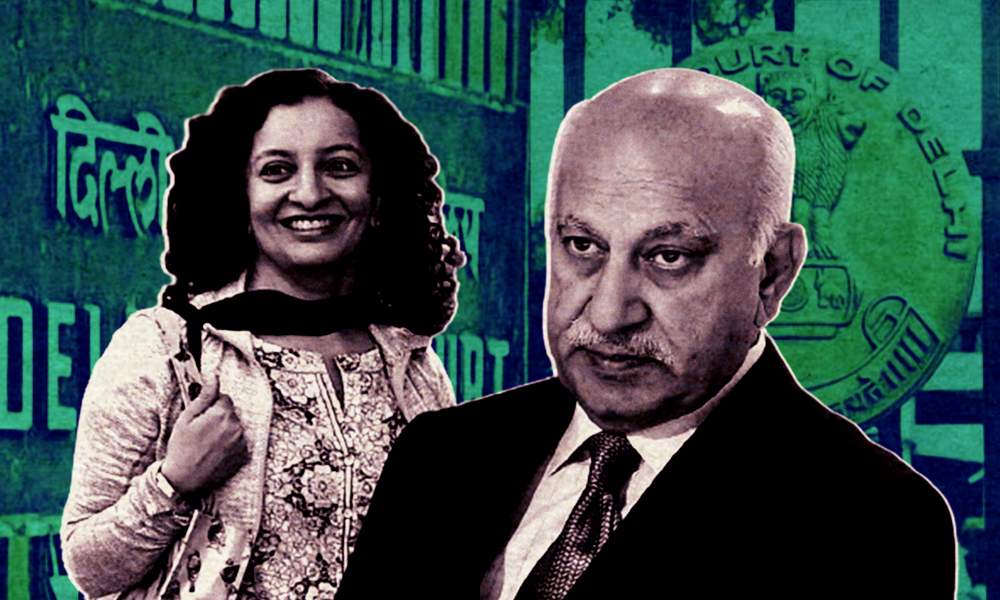
'Reputation Cannot Preside Over Dignity': Seven Takeaways From Priya Ramani-MJ Akbar '#MeToo' Defamation Case
Delhi, 18 Feb 2021 11:42 AM GMT
Editor : Shubhendu Deshmukh |
Shubhendu, the quint essential news junky, the man who loves science and politics in equal measure and offers the complete contrast to it by being a fan of urdu poetry as well.
Creatives : Abhishek M
" An engineer by profession, Abhishek is the creative producer of the team, graphic designing is his passion and travelling his get away. In more ways than one, he makes the content visually appealing."
In the landmark judgement, the court touched on several aspects including workplace harassment, the dignity of the women, and the trauma a woman has to go through after such a horrifying experience.
The Rouse Avenue Court in Delhi, on Wednesday, acquitted journalist Priya Ramani in the criminal defamation case filed by the former Union Minister M J Akhbar.
Ramani had accused Akhbar of sexual harassment during the '#MeToo' India movement. She had written about sexual harassment by her former boss during a job interview in an article published in Vogue in 2017. She later revealed that the person was MJ Akbar.
In the landmark judgement, the court touched on several aspects including workplace harassment, the dignity of the women, and the trauma a woman has to go through after such a horrifying experience.
The judgement was passed by the Additional Chief Metropolitan Magistrate, Ravindra Kumar Pandey. Here are seven key takeaways from the verdict.
1. While acquitting Ramani in the case, the court said, "Women have the right to put their grievances at any platform of their choice even after decades."
2. The court observed that "sexual abuse takes away dignity and self-confidence."
3. The court noted that a man of social status can also be a sexual harasser.
4. "It cannot be ignored that most of the time, the offence of sexual harassment and sexual abuse committed in the close doors or privately," the court expressed.
5. While taking note of the absence of "Vishaka Guidelines", the court observed that "society must understand the impact of sexual abuse and harassment on its victims".
In 1997, the Supreme Court promulgated the "Vishaka Guidelines" making it mandatory for organisations, whether private or public sector, to establish a mechanism for redressal of sexual harassment complaints.
6. Akbar, in his petition, had said that Ramani has caused damaged to his stellar reputation. Ramani argued that a man accused of sexual misconduct cannot, in the first place, claim to have a stellar reputation.
Observing that Akbar was not a man of stellar reputation the court said, "Right of reputation can't be protected at the cost of the right to dignity."
7. Taking a note of the mental trauma a woman has to go through in such cases the court said, "Time has come for our society to understand that sometimes a victim may for years not speak up due to the mental trauma. The woman cannot be punished for raising her voice against sexual abuse."
Also Read: Former Union Minister MJ Akbar Loses Criminal Defamation Case Against Journalist Priya Ramani
 All section
All section














